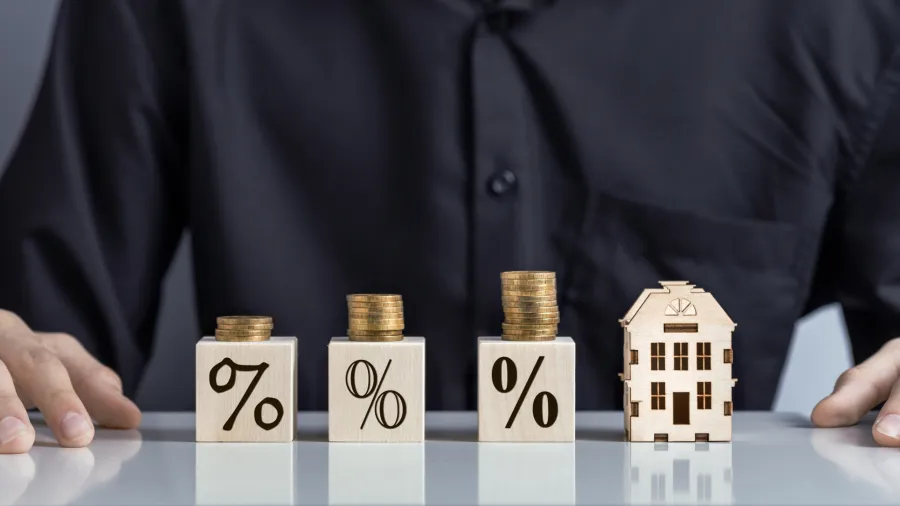
Securitisation seen as key for Singapore developers to enhance returns
DBS said restructuring could increase valuations by at least 20%.
Property developers in Singapore often turn to divestment to bridge the pricing gap between their share prices and the actual value of their properties. Whilst the practice boosts returns, experts suggest developers could do more to unlock greater shareholder value.
Developers with mature assets should explore unlocking value by spinning off stabilised assets into a REIT or restructuring into a stapled security, according to DBS, as a way to drive higher valuations.
"Amongst the various securitisation options, we think restructuring into a stapled trust is an option for developers who prefer not to lose control of their assets by having separate listing platforms or avoid the 'hallowing out' effect of the parentco," DBS said.
A stapled trust, according to DBS, is a "hybrid structure that consists of both a REIT component and a development component."
"The hybrid structure is a marriage of the key appeals of both the investment property and development portfolios," DBS said.
Transferring income-generating properties into a REIT structure offers shareholders more tax-efficient returns, with REIT valuations potentially matching S-REITs' P/B ratio of 0.85x-1.00x.
"At the same time, the developer can continue to invest in development projects. In addition, with the major shareholder retaining control, this is an option that can be explored," DBS said.
DBS said restructuring could increase valuations by at least 20% for a developer with $2.0b in assets, evenly split between development and recurring income due to differing valuation standards for REITs versus developers, based on asset returns.
Among the listed properties covered by DBS, UOL Group, GuocoLand, Hobee Land, and Hong Kong Land could see a share price re-rating if they explore asset securitisation or a stapled security structure to boost valuations.
"These developers currently trade at an average price-to-book (P/B) of 0.4x and a price-to-revalued book (P/RNAV) of 0.3x, below -1 standard deviation (SD) of its historical mean," DBS explained.
"These developers derive 45%-80% of their income from investment properties and hotels, where valuations are typically better reflected in listed REITs and Business Trusts," it added.
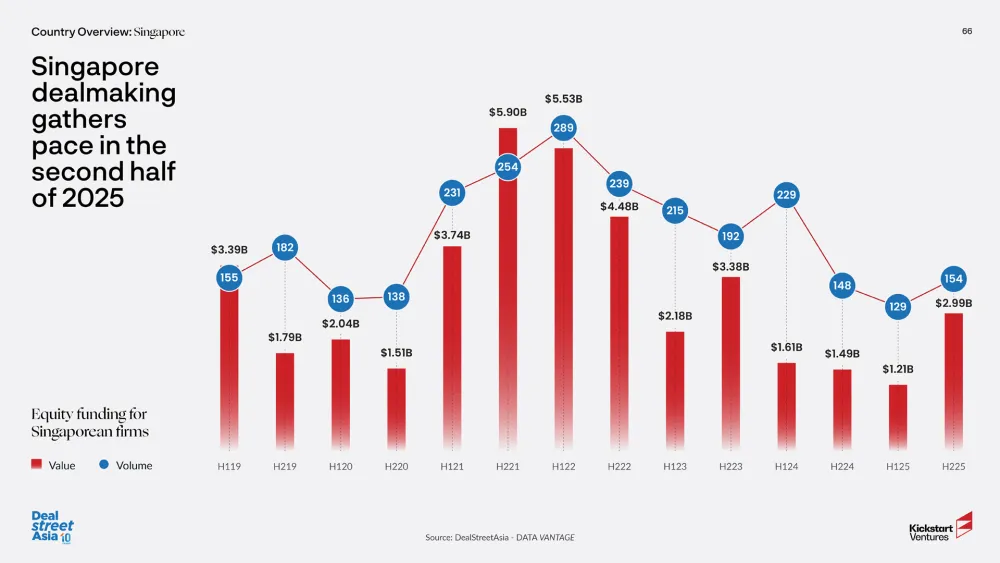









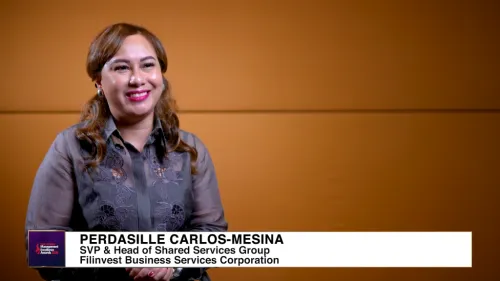
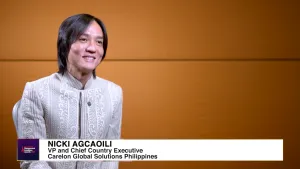
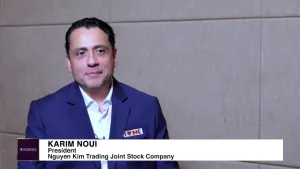

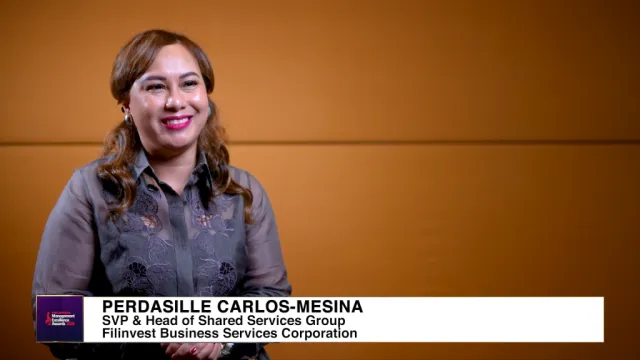
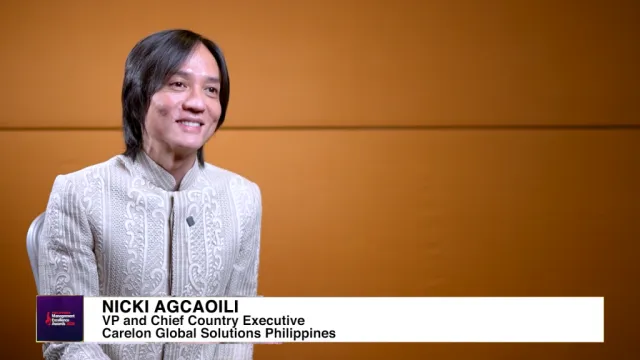



 Advertise
Advertise










